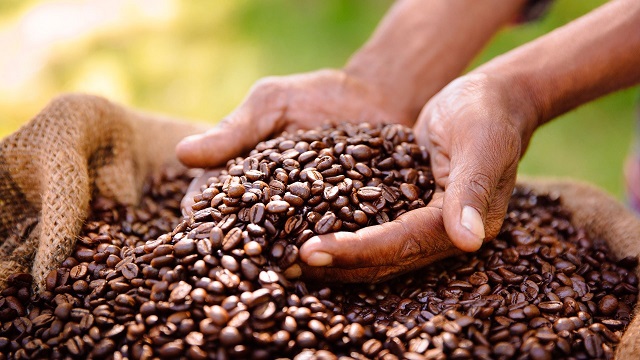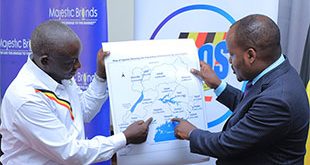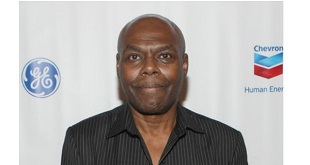
Kampala, Uganda | THE INDEPENDENT | The Inter-Religious Council of Uganda (IRCU) has agreed to join the crusade to rally coffee farmers across the country to get registered. Farmers need to register to enable the tracing of the origin of the coffee that Uganda exports to the European Union market.
This process forms the first layer of compliance with the European Union Deforestation Regulations (EUDR). Under these regulations, effective from 31st December, the EU will not allow any farm products produced on formerly deforested land, including coffee, to enter the market. According to the regulations, the burden of proof lies with the exporter to demonstrate that their produce does not originate from deforested land.
It is worth noting that more than 65 percent of Uganda’s coffee is consumed by the EU market. Based on these statistics, the coffee sector managers in the country, led by the Uganda Coffee Development Authority (UCDA), initiated activities to ensure compliance with the regulations, to maintain the country’s strong export position. Among these activities is the registration of all actors in the coffee value chain, starting with the farmers.
To promote this agenda, UCDA has engaged several partners, with IRCU being the latest. Speaking to journalists after an initiation meeting with the secretary generals of different religious denominations, Joshua Kitakule, the IRCU secretary general, emphasized the council’s commitment to joining the cause, both to save Uganda’s biggest coffee market and to promote rightful social awareness.
Kitakule also revealed that IRCU has agreed to enter into a Memorandum of Understanding with UCDA to outline the defined roles and responsibilities of each party, ensuring the prompt fulfillment of the program. “We agreed that we are going to sign a memorandum of understanding, in which we will agree on the different roles that we will be playing, especially in mobilizing and making sure that every coffee farmer gets registered,” he stated.
The secretary general further noted that IRCU members have offered to use their organizational structures, including communication mediums and spaces, to popularize the registration agenda.
Robert Nangatsya, the UCDA manager for extension services, said the registration process is highly political. Therefore, to effectively and efficiently carry it out, IRCU’s involvement is crucial due to its experience and expertise in conflict resolution, peacebuilding, advocacy, and its significant influence. He added that as the proponents of the registration agenda, they intend to leverage the organizational structure of IRCU members, which spans from the national level to the grassroots.
Nangatsya reminded everyone that coffee is Uganda’s main export, and it must be protected, as safeguarding the coffee sector also means safeguarding the entire economy. He noted that the EUDR is not just for Uganda but is part of an international agenda aimed at protecting the environment and mitigating climate change, with each affected country finding ways to comply with the regulations. “The EU wanted to find a way to reduce the carbon footprint by reducing deforestation,” he stated.
The registration process aims to collect data that will be fed into a digital system to ascertain whether the plot from which the coffee is grown was deforested after 2020, as required by the EUDR. According to Nangatsya, the good news is that recent research revealed most of Uganda’s coffee is not produced on deforested land.
Up to 13.9 billion shillings have been earmarked to build the national traceability systems, and the process will begin with the completion of this registration exercise, which is starting soon.
******
URN
 The Independent Uganda: You get the Truth we Pay the Price
The Independent Uganda: You get the Truth we Pay the Price



